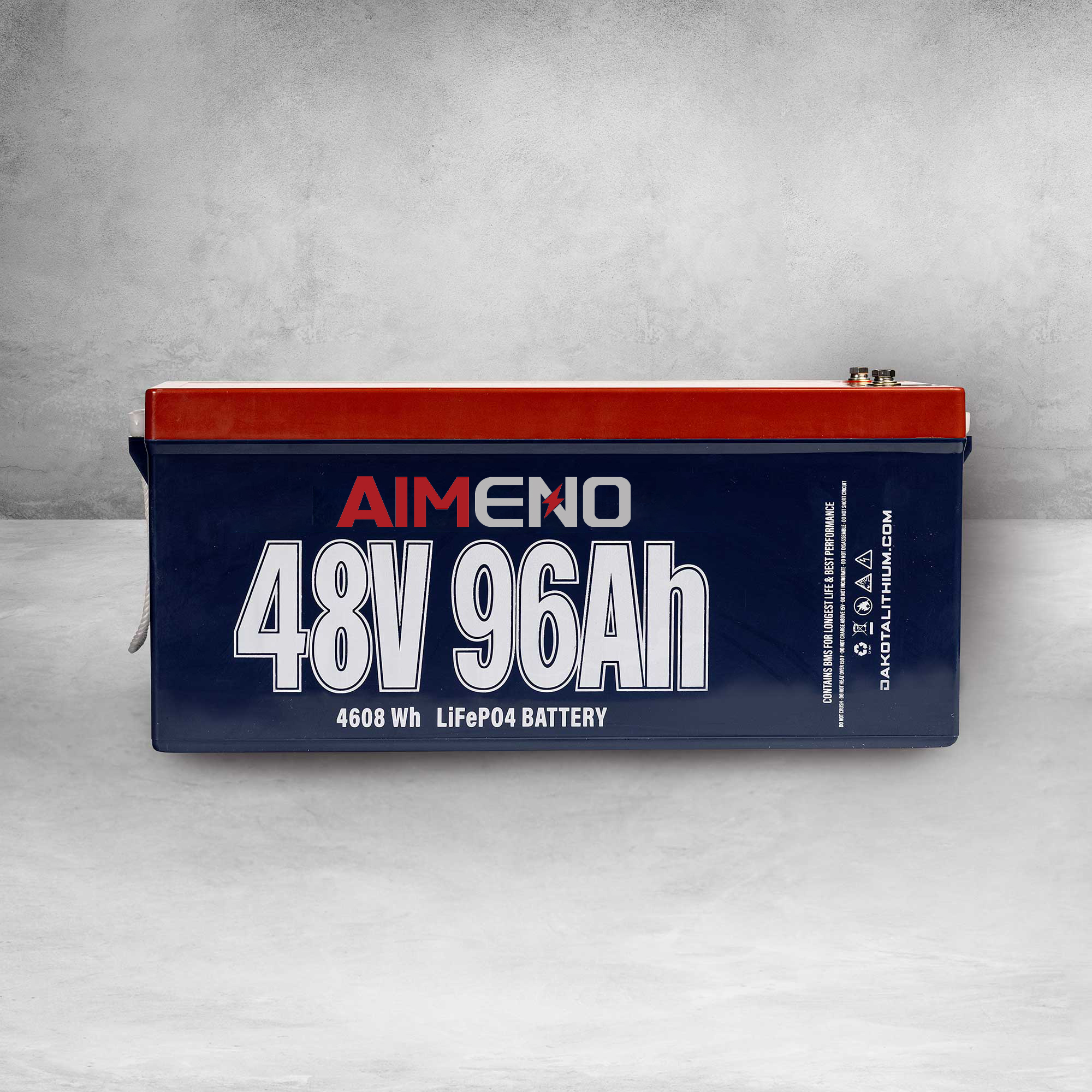Lithium-ion batteries have become a popular choice for powering portable
electronic devices such as smartphones, laptops, and electric vehicles. With
their high energy density, lightweight design, and long cycle life, lithium-ion
batteries are considered the gold standard in rechargeable battery technology.
However, many people are still confused about whether these batteries have a
"memory effect."

The memory effect is a phenomenon that occurs in some rechargeable batteries
when they are not fully discharged before being recharged. Over time, the
battery's capacity to hold a charge may be reduced, and it may not deliver the
expected runtime. The memory effect was a common problem in older nickel-cadmium
(NiCad) batteries, which were widely used in the past.
Lithium-ion batteries do not suffer from the memory effect. This is because
they use a different type of chemistry than NiCad batteries, and they do not
have a fixed memory of their previous charge cycles. Lithium-ion batteries can
be charged and discharged at any time, without the need for a full discharge or
conditioning cycle. This means that you can charge your lithium-ion battery
whenever you want, without worrying about reducing its overall capacity.
Discharging a lithium-ion battery too deeply can be harmful to its long-term
health. Most lithium-ion batteries have built-in protection circuits that
prevent over-discharging, but it's still a good idea to avoid fully discharging
the battery whenever possible. The best practice is to keep the battery level
between 20% and 80% for maximum lifespan.
Another myth about lithium-ion batteries is that they need to be completely
drained before being recharged. This is not true either. Lithium-ion batteries
can be charged at any time, regardless of their current charge level. However,
it's important to note that lithium-ion batteries should not be left at a low
charge level for extended periods, as this can cause the battery to degrade more
quickly.
Lithium-ion batteries do not have a memory effect, and they can be charged
and discharged at any time without damaging their overall capacity. However,
it's important to avoid over-discharging the battery and to keep the charge
level between 20% and 80% for maximum lifespan. By following these guidelines,
you can ensure that your lithium-ion batteries last as long as possible, and
continue to power your electronic devices for years to come.
